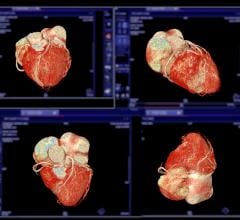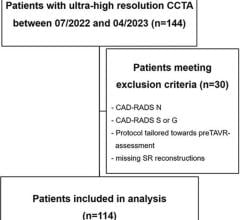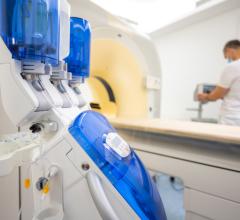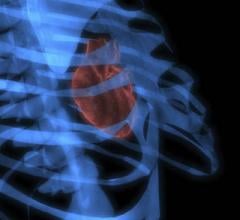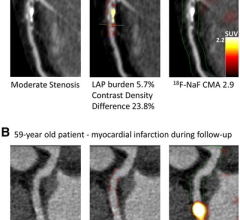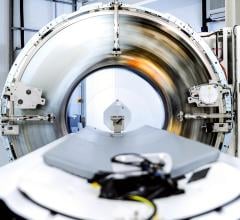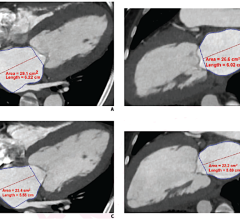October 10, 2008 – CT angiography (CTA) to be an effective, cost-saving alternative to standard catheter angiography for confirmation of internal carotid artery (ICA) occlusions, according to a recent study conducted by researchers with the University of Michigan’s Stroke Program showed the results were published in this month’s Journal of Neuroimaging.
Led by Dr. Brown, a research team from the Stroke Program constructed a decision-analytic model to determine the cost benefits of CTA compared with catheter angiography in a hypothetical cohort of patients initially presenting with an ICA. The use of CTA was deemed cost-saving, demonstrating an overall net savings of $2,353 per patient ($9,178 vs. $11,531). Regarding effectiveness, CTA and catheter angiography produced similar levels of success, with CTA resulting in an additional 1.83 quality-adjusted life years, while catheter angiography accrued 1.82. Costs were estimated based on standard Medicare reimbursement statistics, while effectiveness was measured in quality-adjusted life years.
This unique study is the first cost-effectiveness analysis related to carotid disease that has considered CTA as a factor. Although catheter angiography has long been the standard reference point in differentiating between a complete occlusion and severe stenosis, it is expensive, and also bears with it the risk of stroke.
“Given rising health care costs, cost-minimizing diagnostic strategies need to be explored,” wrote Dr. Brown. “This analysis suggests that CTA can be used as a less expensive alternative to [catheter angiography] for confirmation of a suspected ICA occlusion, without sacrificing patient outcome.”
“Over the years, access to high quality medical imaging has become a critical factor in stroke prevention, and this study shows that the use of innovative technology can help lower overall treatment costs as well,” said Maureen Zilly, Director, Government Relations, MITA. “MITA applauds the work of Dr. Devin Brown and his team, whose findings remind us how essential it is that patients and doctors alike have access to life-saving, cost-effective diagnostic imaging when dealing with serious conditions such as stroke."
For more information: www.medicalimaging.org


 November 13, 2025
November 13, 2025 

